What are the symptoms of anaemia and how can you treat them?
More than 30% of the world's population is anaemic
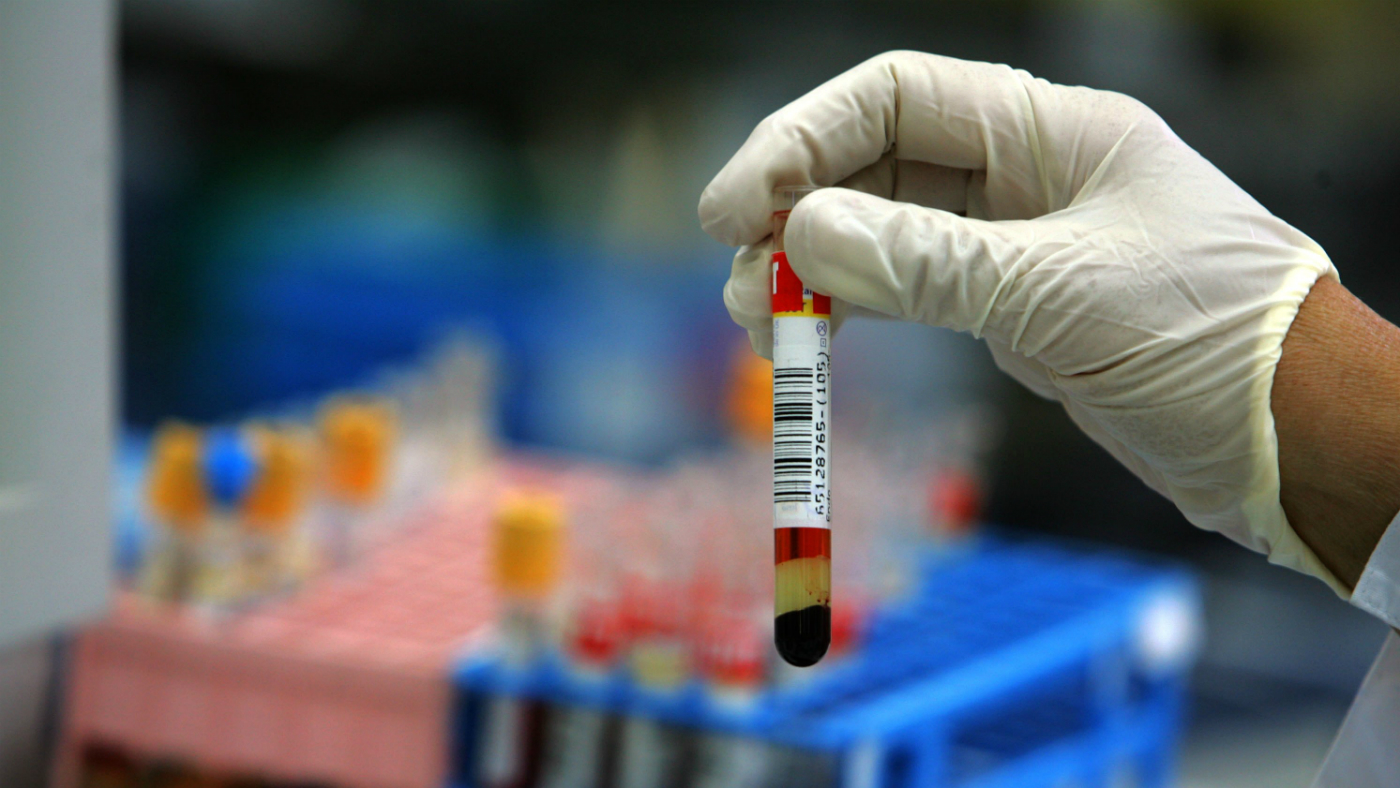
A free daily email with the biggest news stories of the day – and the best features from TheWeek.com
You are now subscribed
Your newsletter sign-up was successful
Two billion people – over 30% of the world’s population – currently suffer from anaemic, according to the World Health Organisation.
Here’s what you need to know about anaemia and how to spot the symptoms:
What is anaemia?
The Week
Escape your echo chamber. Get the facts behind the news, plus analysis from multiple perspectives.

Sign up for The Week's Free Newsletters
From our morning news briefing to a weekly Good News Newsletter, get the best of The Week delivered directly to your inbox.
From our morning news briefing to a weekly Good News Newsletter, get the best of The Week delivered directly to your inbox.
Anaemia means that you have fewer red blood cells than normal or you have less-than-normal haemoglobin in each red blood cell. This causes a lack of oxygen throughout your bloodstream.
What are the causes of anaemia?
In the UK, the most common cause of anaemia is a lack of iron. This is called iron-deficiency anaemia and is often linked to a diet lacking in iron-rich foods like dark, leafy greens, products containing fortified cereals, meat and pulses.
Anaemia may also be caused by pregnancy, childhood growth spurts or heavy menstrual periods. Other causes may include rheumatoid arthritis, chronic kidney disease or a lack of certain vitamins such as folic acid and vitamin B12.
A free daily email with the biggest news stories of the day – and the best features from TheWeek.com
What are the symptoms?
Iron deficiency anaemia typically presents with symptoms indicating a reduced amount of oxygen in the body. These can include a lack of energy and shortness of breath, while less common symptoms include noticeable heart palpitations, pale skin and a ringing in the ears.
How is it treated?
If a blood test shows that your red blood cell count is low you’ll be prescribed iron tablets to replace the missing iron. Depending on the cause, other patients may be prescribed a course of vitamins or other more complex treatments.
What happens if anaemia is left untreated?
Lowered iron levels can affect the immune system, increasing your risk of illness and infection and leaving you vulnerable to complications that affect the heart or lungs.
-
 How the FCC’s ‘equal time’ rule works
How the FCC’s ‘equal time’ rule worksIn the Spotlight The law is at the heart of the Colbert-CBS conflict
-
 What is the endgame in the DHS shutdown?
What is the endgame in the DHS shutdown?Today’s Big Question Democrats want to rein in ICE’s immigration crackdown
-
 ‘Poor time management isn’t just an inconvenience’
‘Poor time management isn’t just an inconvenience’Instant Opinion Opinion, comment and editorials of the day
-
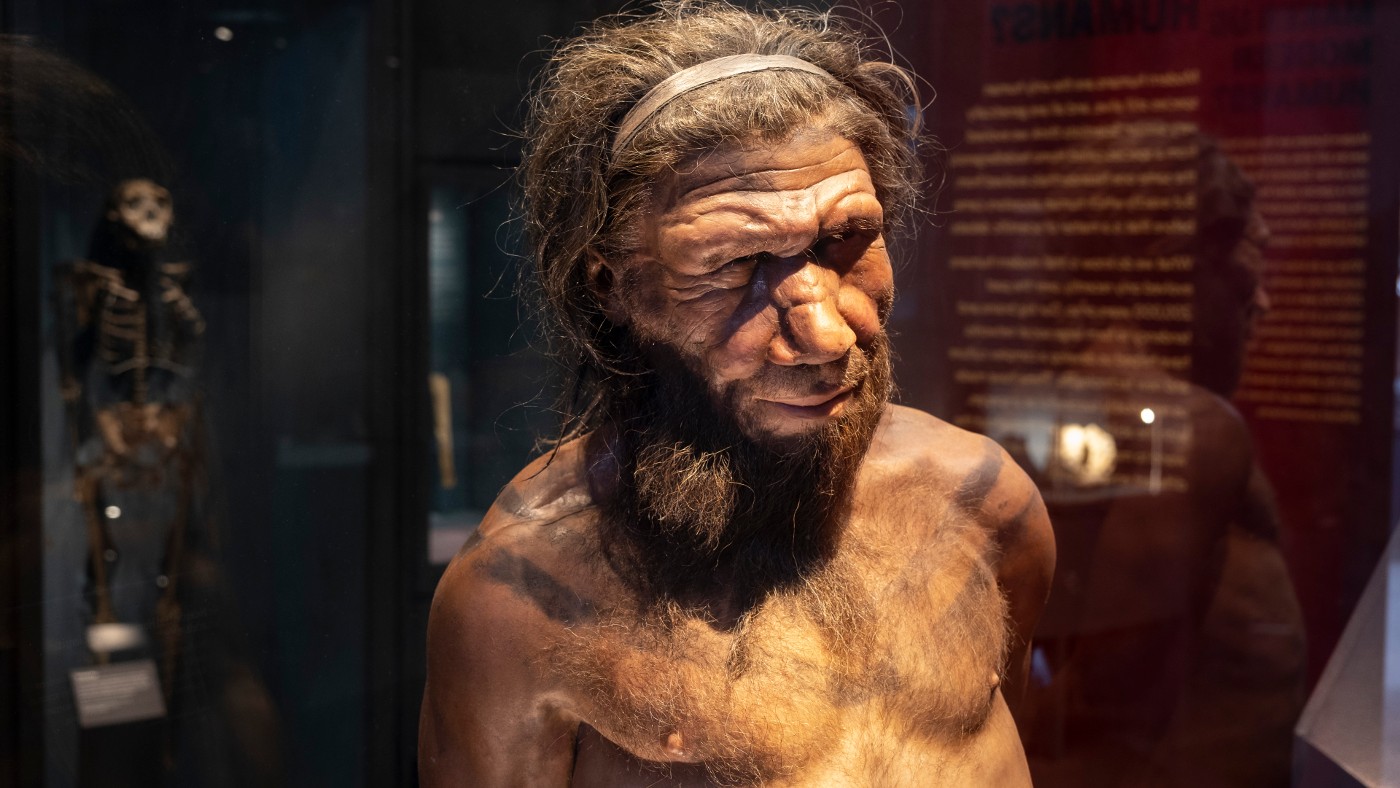 Neanderthal gene ‘caused up to a million Covid deaths’
Neanderthal gene ‘caused up to a million Covid deaths’Speed Read Genetic tweak found in one in six Britons means cells in the lungs are slower to launch defences
-
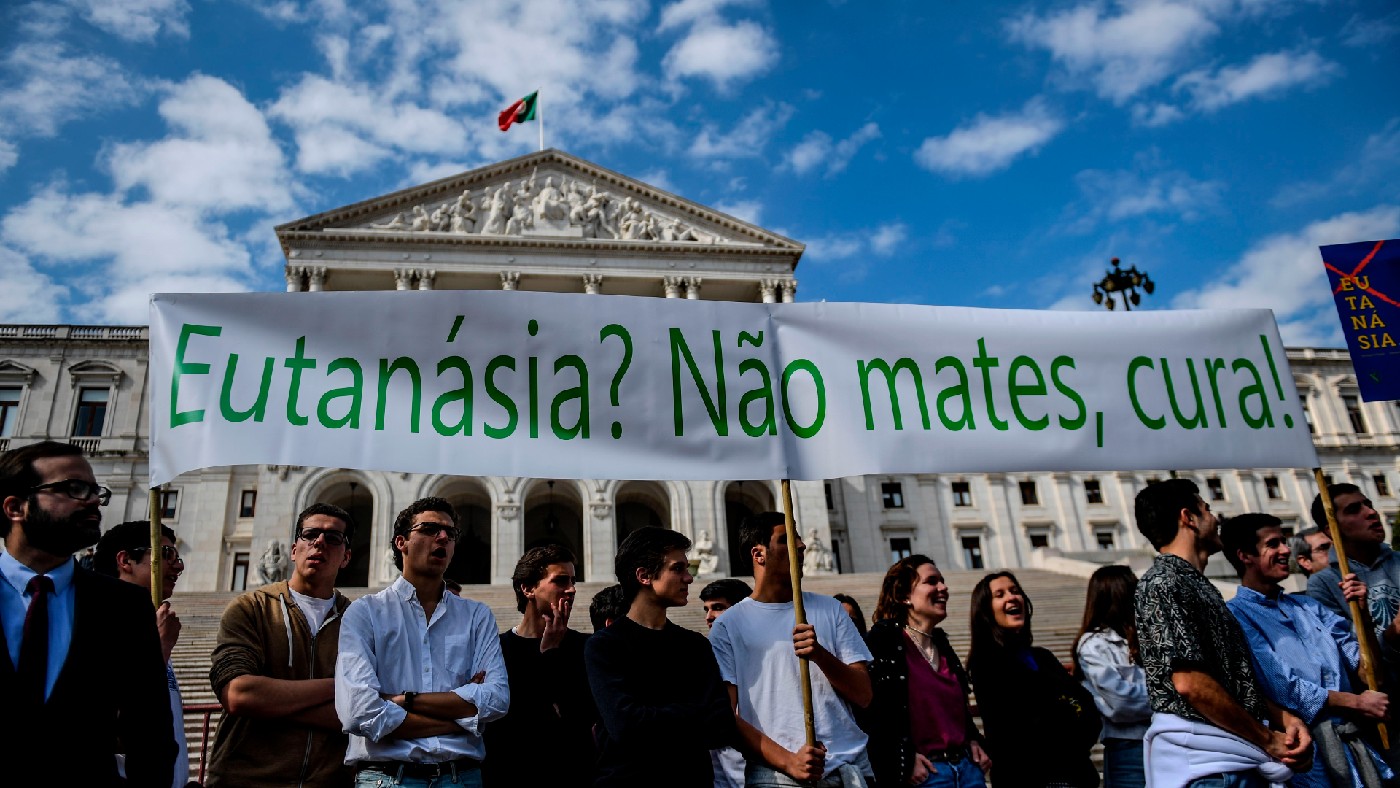 Legalising assisted dying: a complex, fraught and ‘necessary’ debate
Legalising assisted dying: a complex, fraught and ‘necessary’ debateSpeed Read The Assisted Dying Bill – which would allow doctors to assist in the deaths of terminally ill patients – has relevance for ‘millions’
-
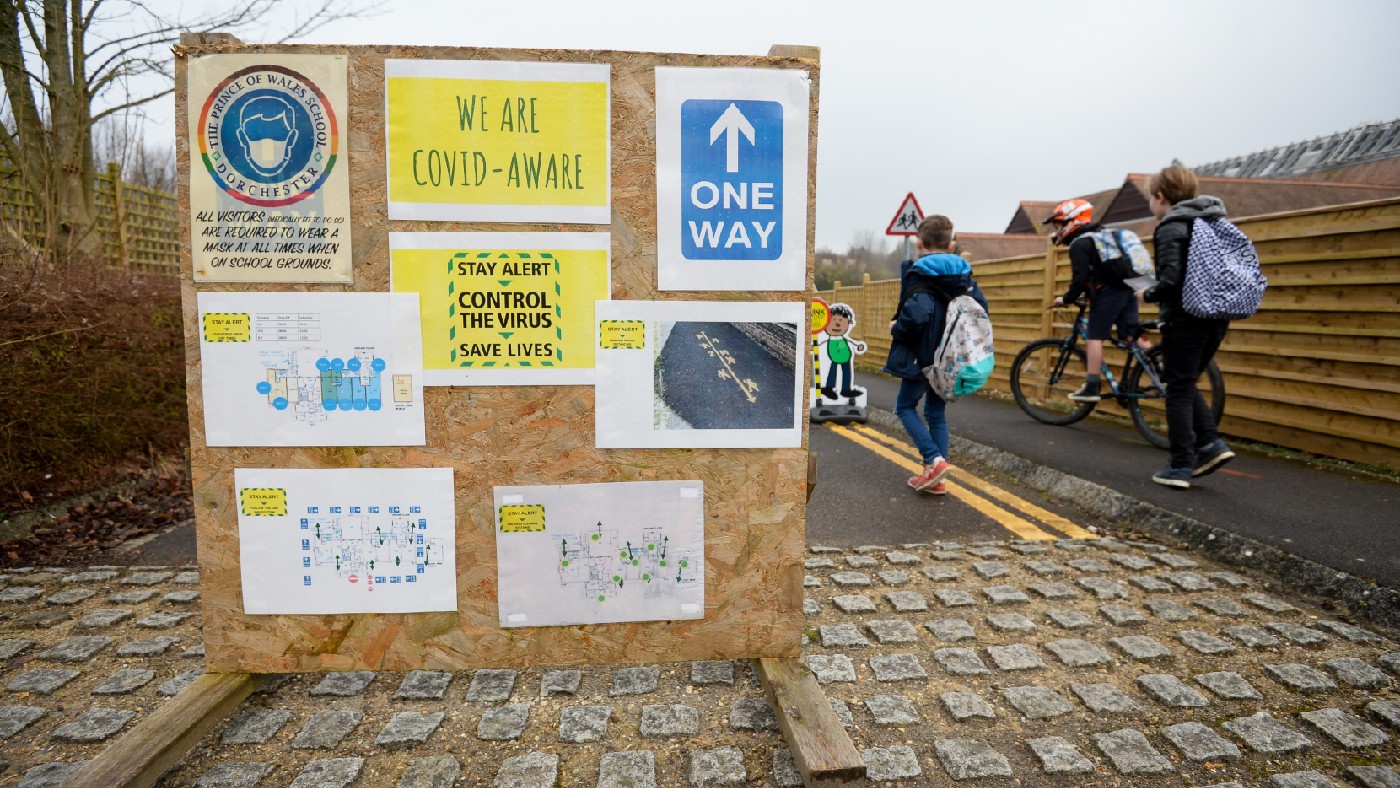 Vaccinating children: it’s decision time for the health secretary as kids return to school
Vaccinating children: it’s decision time for the health secretary as kids return to schoolSpeed Read Sajid Javid readying NHS England to roll out jab for children over 12, amid fears infections will rocket
-
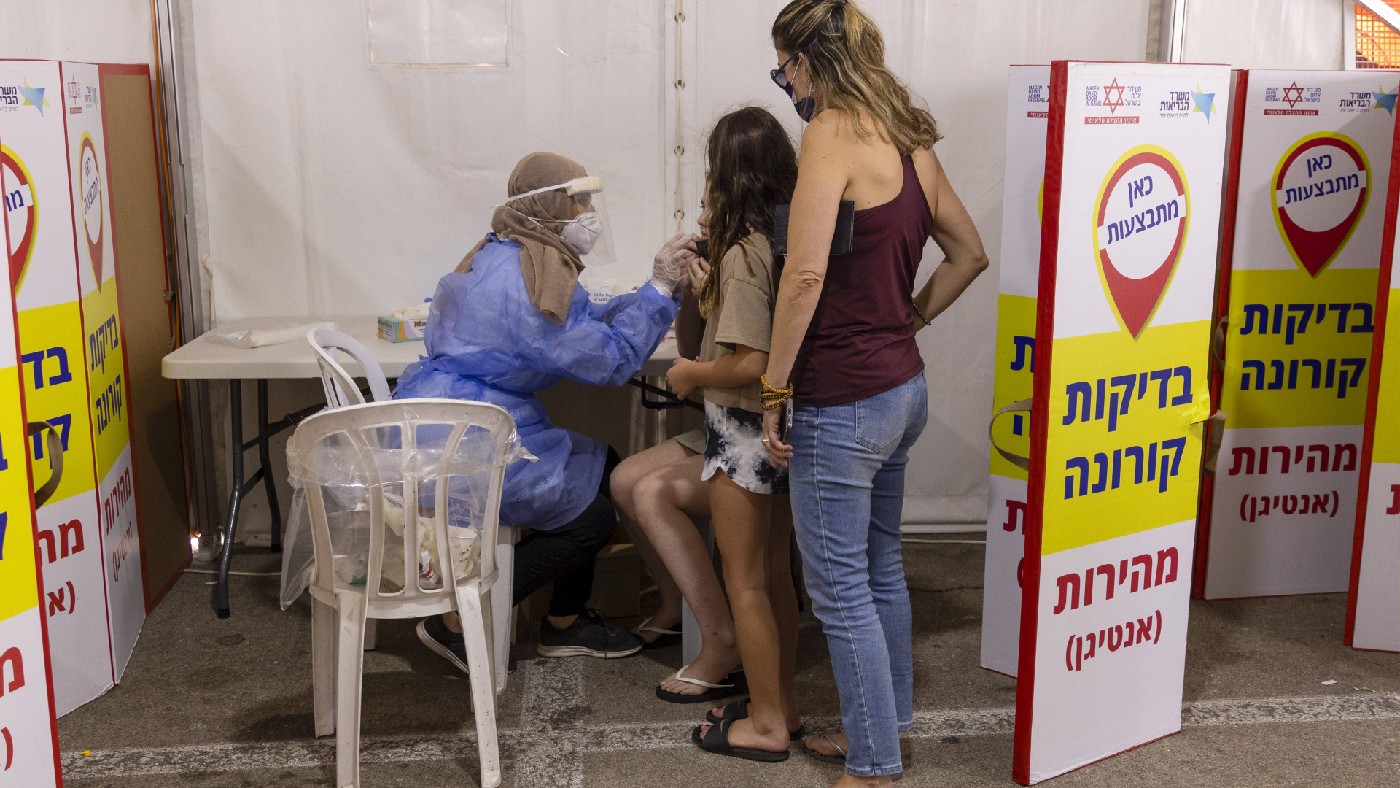 ‘Vaccination blunts, but does not defeat’: exploring Israel’s fourth Covid wave
‘Vaccination blunts, but does not defeat’: exploring Israel’s fourth Covid waveSpeed Read Two months ago, face masks were consigned to bins. Now the country is in a ‘unique moment of epidemiological doubt’
-
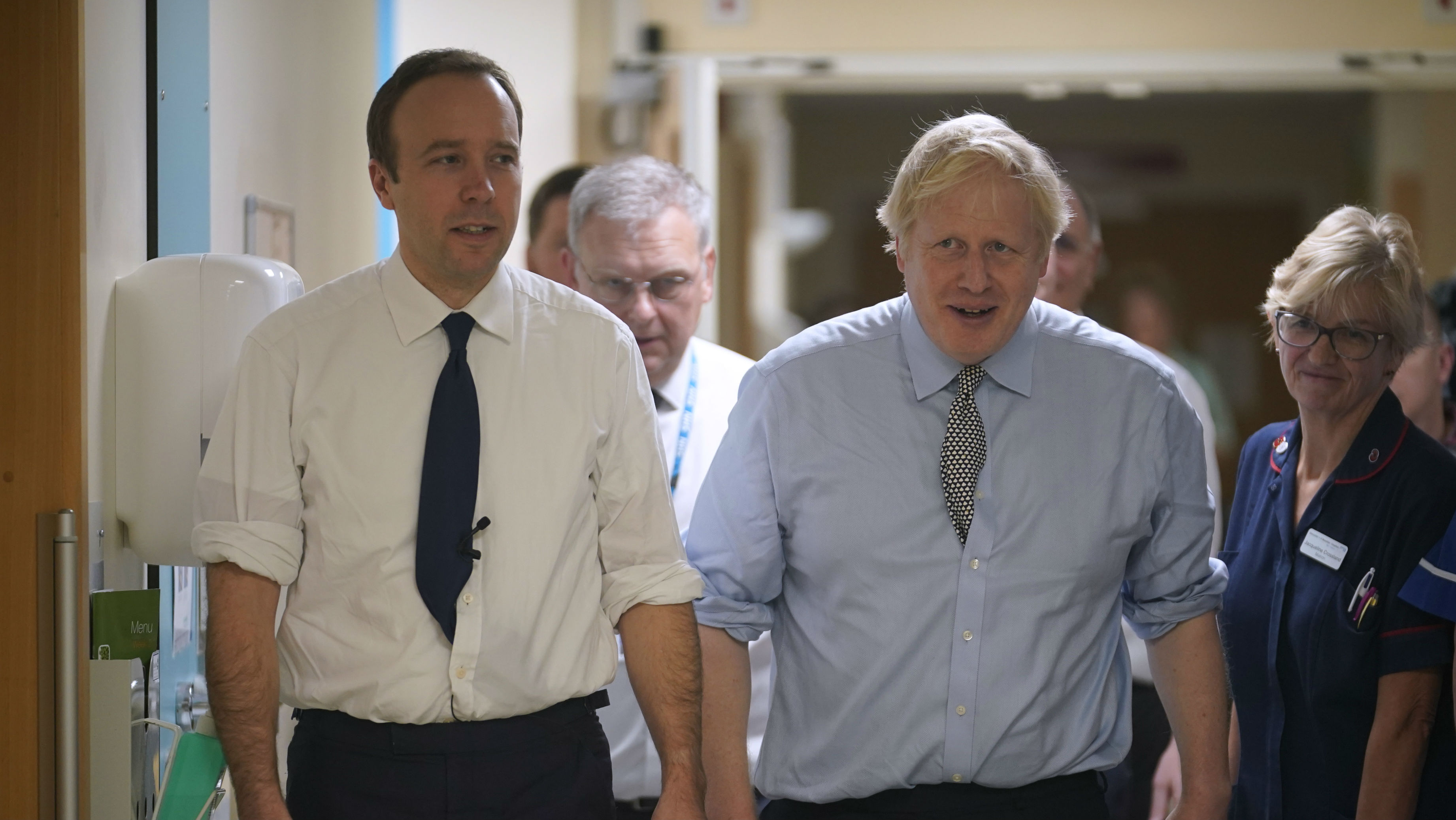 Thousands told to self-isolate in Covid app pinging error, claims Whitehall whistleblower
Thousands told to self-isolate in Covid app pinging error, claims Whitehall whistleblowerSpeed Read Source says Matt Hancock was privately told of the issue shortly before he resigned as health secretary
-
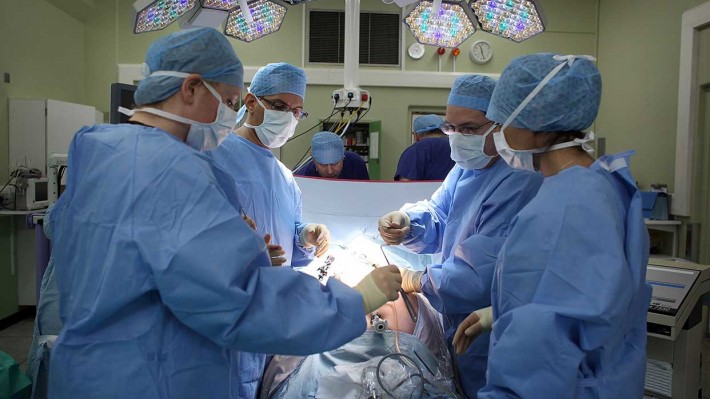 Record 5.45m people on NHS England waiting lists
Record 5.45m people on NHS England waiting listsSpeed Read Health chief warns that crisis is nearing ‘boiling point’ as backlog grows
-
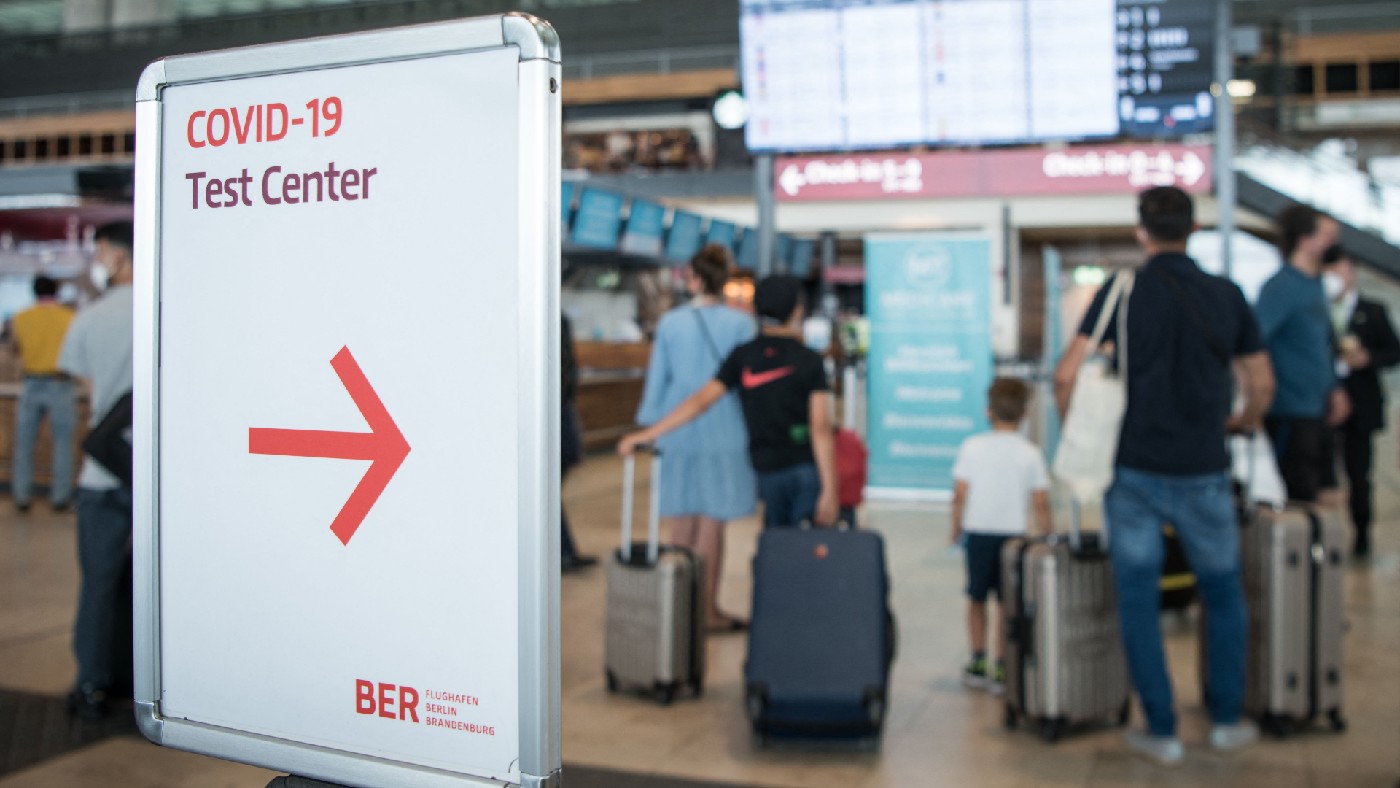 Covid testing: the ‘great new game of holiday roulette’
Covid testing: the ‘great new game of holiday roulette’Speed Read On one day last week, the price of a private PCR test ranged from £23.99 to £575
-
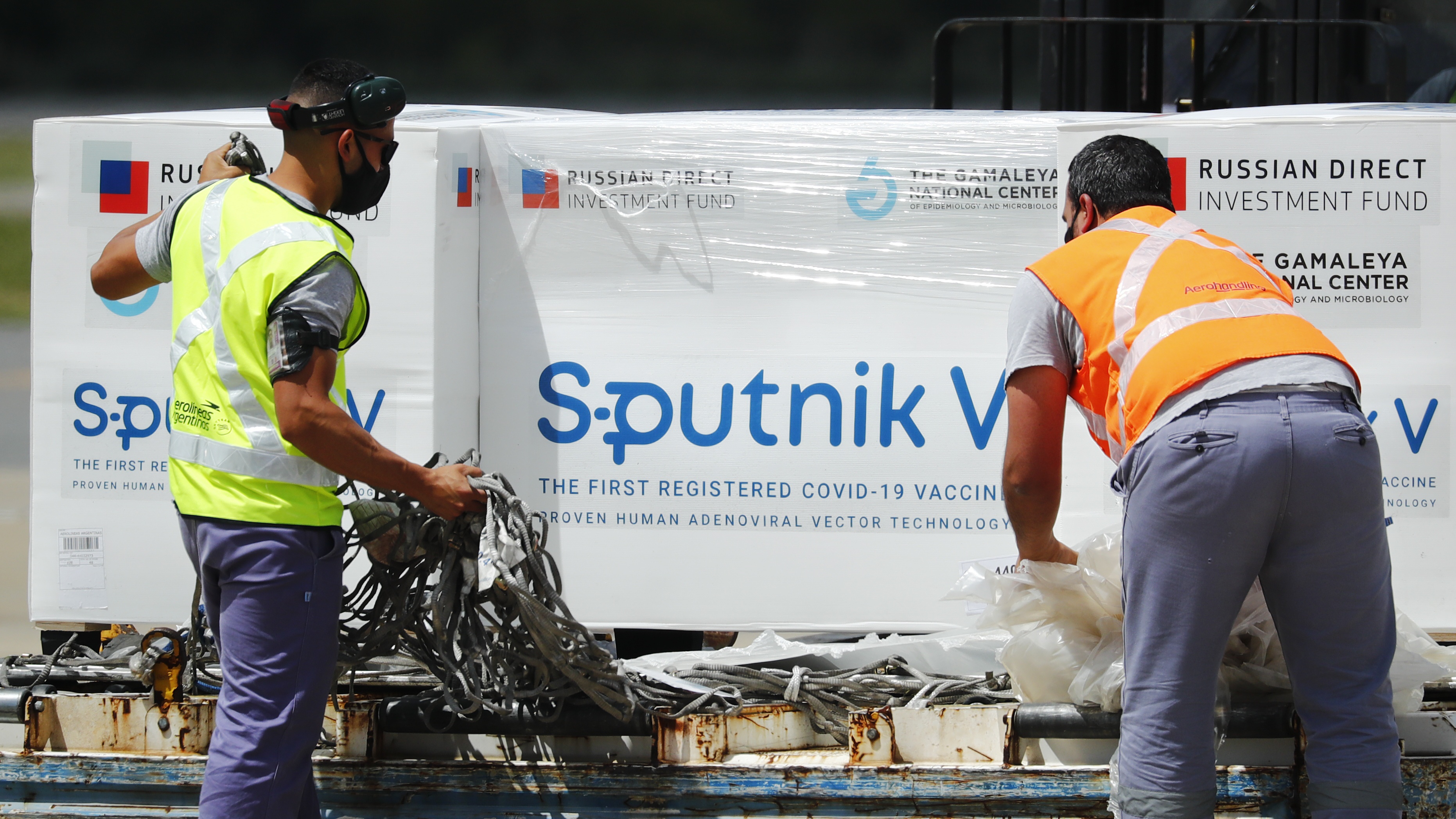 San Marino is first European country to offer ‘vaccine vacation’
San Marino is first European country to offer ‘vaccine vacation’Speed Read Tiny landlocked nation to give Russian Sputnik vaccine to paying tourists